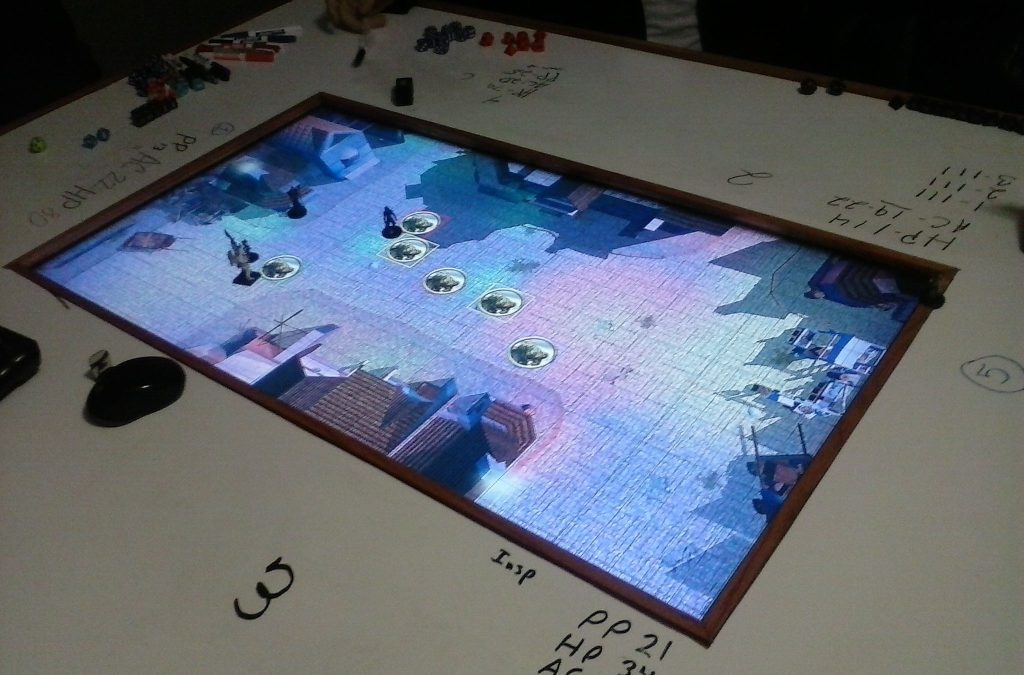
With the rapid growth of the gaming industry, the importance of captivating game narratives has become increasingly evident. Game developers are constantly seeking innovative ways to engage players and provide them with immersive experiences. Surprisingly, one source of inspiration they often turn to is classical literature. By incorporating elements from the works of renowned writers such as Homer, Shakespeare, and Dante, game narrative designers are able to create tales that resonate with players on a deeper level. In this article, we will explore the fascinating influence of classical literature in game narrative design and delve into the reasons behind its effectiveness.
I. Echoes of Epic Stories
A. The Odyssey: The Hero’s Journey
In the world of game narratives, the concept of the hero’s journey is frequently used to guide players through their virtual adventures. This narrative structure, first popularized by Homer’s epic tale, The Odyssey, presents a protagonist who embarks on a transformative quest filled with trials and tribulations. Games like God of War and The Legend of Zelda series mirror this archetype, allowing players to embody heroic characters on their quests to save the world. By drawing on the timeless themes of self-discovery, overcoming obstacles, and confronting larger-than-life adversaries, game narratives that embrace these classical foundations resonate strongly with players.
B. The Divine Comedy: Exploration of Moral Duality
Dante Alighieri’s The Divine Comedy serves as a powerful source of inspiration for game narratives exploring the intricate facets of moral duality. Through his journey across heaven, purgatory, and hell, Dante encounters various characters who represent different moral virtues and vices. This multidimensional representation of morality is often reflected in games such as BioShock and Fable, challenging players to make profound choices that shape their virtual worlds and influence the outcomes. By infusing game narratives with the moral complexities found in classical literature, developers create rich and thought-provoking narratives that leave a lasting impact on players.
II. Shakespearean Influence: Love, Betrayal, and Tragedy
William Shakespeare, the master of storytelling, has left an indelible mark on various forms of media, including modern games. The themes of love, betrayal, and tragedy found in his works have translated seamlessly into game narratives, amplifying emotional connections with players.
A. Romeo and Juliet: Star-Crossed Lovers
The tale of Romeo and Juliet, Shakespeare’s iconic tragedy, has inspired countless narratives in various mediums. In games like Final Fantasy VIII and The Witcher 3, we witness the emergence of star-crossed lover storylines, where the potential for passionate romance collides with tragic circumstances. By injecting these narratives with intense emotions, developers create memorable experiences that tug at the heartstrings of players, resonating with the timeless Shakespearean themes of love and destiny.
B. Macbeth: The Corruption of Power
Shakespeare’s tragedy Macbeth, with its exploration of the corruption that accompanies power, has served as a compelling foundation for game narratives. In games like Assassin’s Creed and Dishonored, players witness the moral descent of protagonists consumed by their hunger for power. By showcasing the consequences of their choices, game narratives draw upon the timeless warnings expressed in Macbeth, forcing players to confront the price of their actions and the fragility of morality.
III. The Reinvention of Classical Tales
Apart from directly borrowing themes and narrative structures, game developers often reimagine classical literature to build intricate and immersive game narratives.
A. The Legend of King Arthur: The Sword in the Stone
The legend of King Arthur has fascinated audiences for centuries, and game narratives have successfully tapped into its timeless allure. Games like The Elder Scrolls V: Skyrim and Arthurian adaptations introduce players to a world imbued with Arthurian elements, where they can wield Excalibur, solve medieval mysteries, and partake in grand adventures. By adapting classical tales to interactive mediums, game developers offer players the opportunity to be part of their own heroic legends rooted in rich literary traditions.
B. Greek Mythology: Tales of the Gods
Greek mythology, overflowing with epic tales of the gods, has influenced countless game narratives. Games like God of War and Hades take players on mythological journeys, immersing them in a world populated by iconic gods, goddesses, and mythical creatures. By merging classical mythos with modern storytelling techniques, game developers create narratives that captivate players, while preserving the essence of the original literature that has stood the test of time.
Conclusion
Incorporating elements from classical literature has proven to be a powerful tool for game narrative designers. By drawing upon the rich themes, archetypes, and moral complexities found in works like The Odyssey, The Divine Comedy, and Shakespearean tragedies, developers create game narratives that resonate deeply with players. Additionally, by reimagining classical tales and legends like King Arthur and Greek mythology, game developers breathe new life into these timeless stories, offering players the opportunity to become part of their own heroic adventures. As the gaming industry continues to evolve, the influence of classical literature in game narrative design will undoubtedly endure, captivating players with narratives that transcend time and immerse them in unforgettable worlds.


